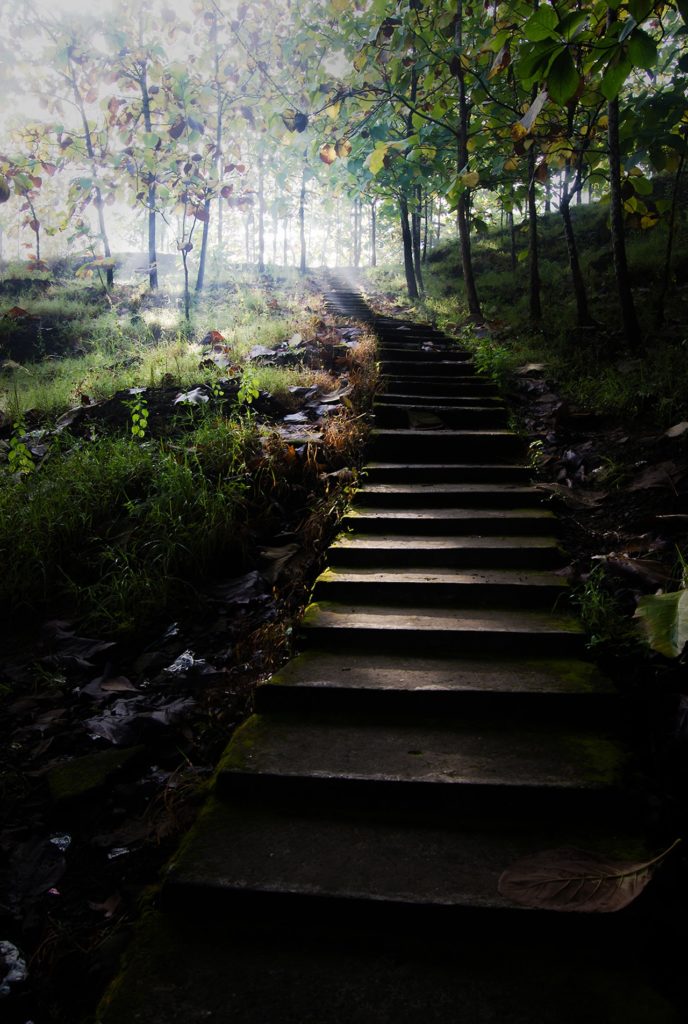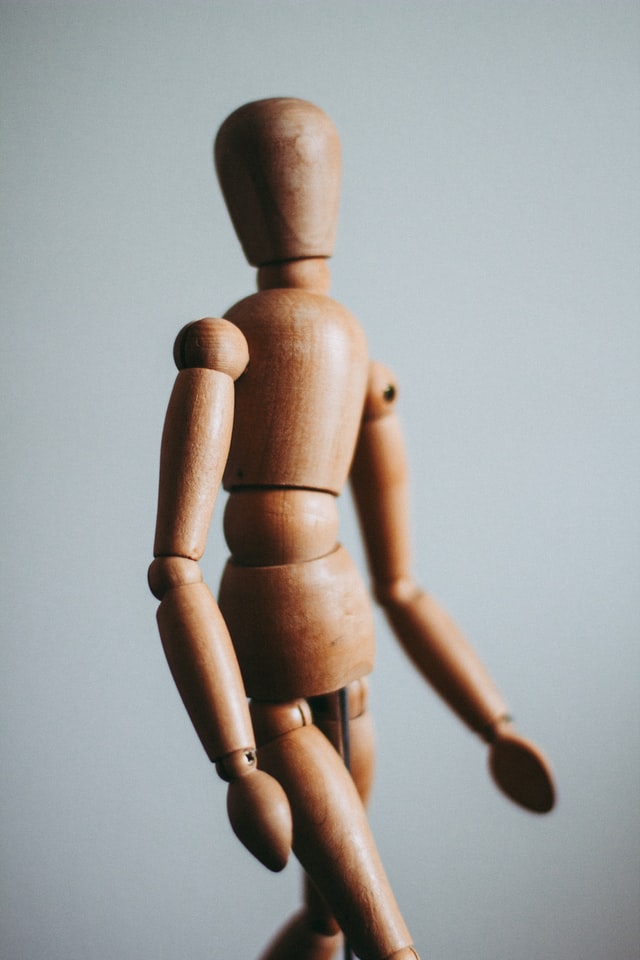Coping with depression is tough. When you are depressed you can’t just will it away unfortunately. But there are ways that you can turn the tide and get back on the road to recovery. In this article I will look at some simple and effective tools that can really help when you find yourself in the dense fog of depression.
Depression is a beast that needs to be battled with. Its like a horrible heavy presence that comes and jumps on your back. It refuses to budge and whats worse it feeds off your energy and leaves you fatigued, apathetic and without hope. This happens so quickly that its hard to feel what we were before. Its hard to imagine life being any different from what it currently feels like. But depression has something to tell us too, that is if we are able to listen and discern from its teachings.
The first tool I would like to share with you is to be proactive with your depression.
So what does that mean? Well it means get involved, be with it and work towards understanding it. Investigate it, question it, interrogate it, poke it with a stick if you have to. It doesn’t like that at all, depression wants you to be quiet, vacant, lazy, absent and inactive. What will help shift your depression is action. Its the hardest task when you are depressed but remember its not impossible.

By being proactive we allow the process we are in to move, to continue and hopefully show us what we need to see. Depression generally has a lifespan , it usually doesn’t last forever, especially depression that is situational. That means depression caused by a life event or several life events. However unresolved material, unprocessed experiences or trauma can cause ongoing or chronic bouts of depression. There are also biological and environmental causes for depression too. Underlying illness, toxicity and dietary deficiencies can all provoke the onset of depressive symptoms.
By being proactive we choose to address the underlying cause and this is the first step in recovery. And its a big step and not one that everyone can take. But if you are reading this you have already taken this step and are currently being proactive. So well done , this is a huge accomplishment. You should be really proud of yourself. People often speak of the rock bottom as the place that change begins, I personally do not believe that you need to be at your lowest to begin the shift. I like to view depression as the place that informs you of some necessary and needed change. Depression is not only an affliction to be endured but also an opportunity to grow.
And that brings me to the second tool for you to use which is movement. Movement is key to shifting depression. When you wake up in the morning, move, even if its slowly. Put on some music and allow your body to move. You don’t have to dance but if you can that is great. Depression hates movement , especially running, dancing or sex. When you exercise you activate a cascade of biological processes that work to restore the brain and body. It may feel like the the most impossible task but I can guarantee you will feel so much better for it. Movement allows thought to move too, which is welcomed relief for those who experience persistent negative commentary. Movement and exercise at first will give only temporary relief but over time it can become your greatest weapon against depression.
Getting started is super hard when you are depressed so starting small is my third tool, no win is too small and you can be proud of your accomplishments at each step. For example simply going and sitting outside in the sun can feel like running a marathon so take it slow and in the process listen to your body. Feel the movement, notice the thoughts that arise, let them happen and try not to get attached to them, simply witness them with out judgement. This is the basic premise of mindfulness. For a more in depth look at mindfulness you can read my article here.

Allow yourself to rest, often depression makes you feel tired because some part of you is actually very tired or not functioning well. The thing is rest often feels impossible when you are depressed. Again start small, take each day slowly. Resting doesn’t only mean sleep. Take a long hot bath. Read a book, eat good food, go for a gentle walk in nature. Try and meditate or listen to a guided meditation.
The fourth tool is tell someone. While its hard and often the last thing we want to do when we are depressed, talking with a supportive and non-judgemental friend or loved one is really beneficial. The stigma of depression is much smaller than it used to be. Hearing someone you care about say they understand where you are, and are there to support you is really what we all need when we feel depressed. Depression is incredibly common affecting more than 264 million people worldwide. If you are experiencing recurrent or persistent depression, or don’t have much support around you it may be time to speak with a professional counsellor.
There are many other tools to use for depression but these four are great to start with. So remember , be proactive, move, start small and tell someone. For more information feel free to browse my other articles. If you have any questions or wish to make appointment you can contact me here.






